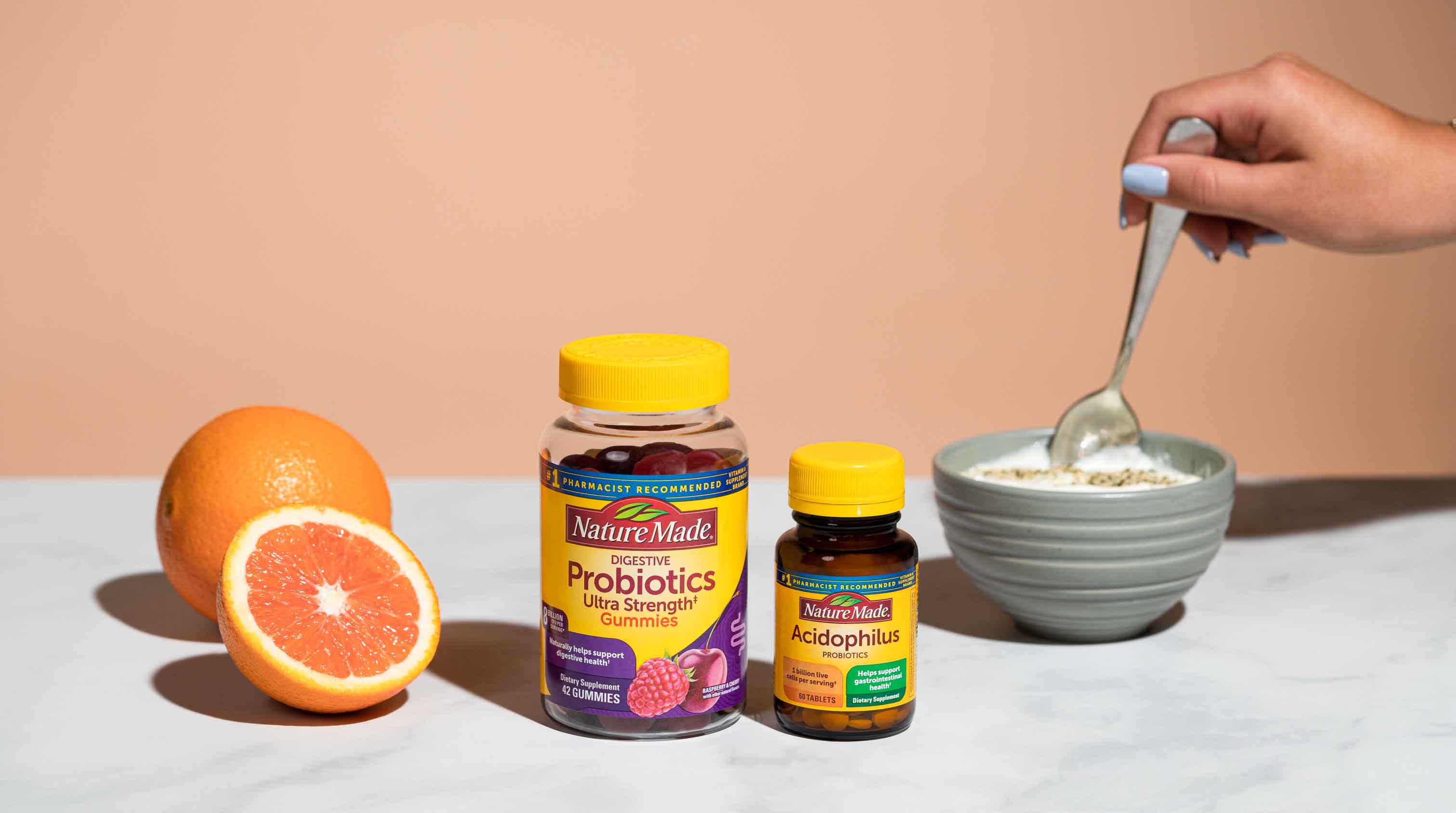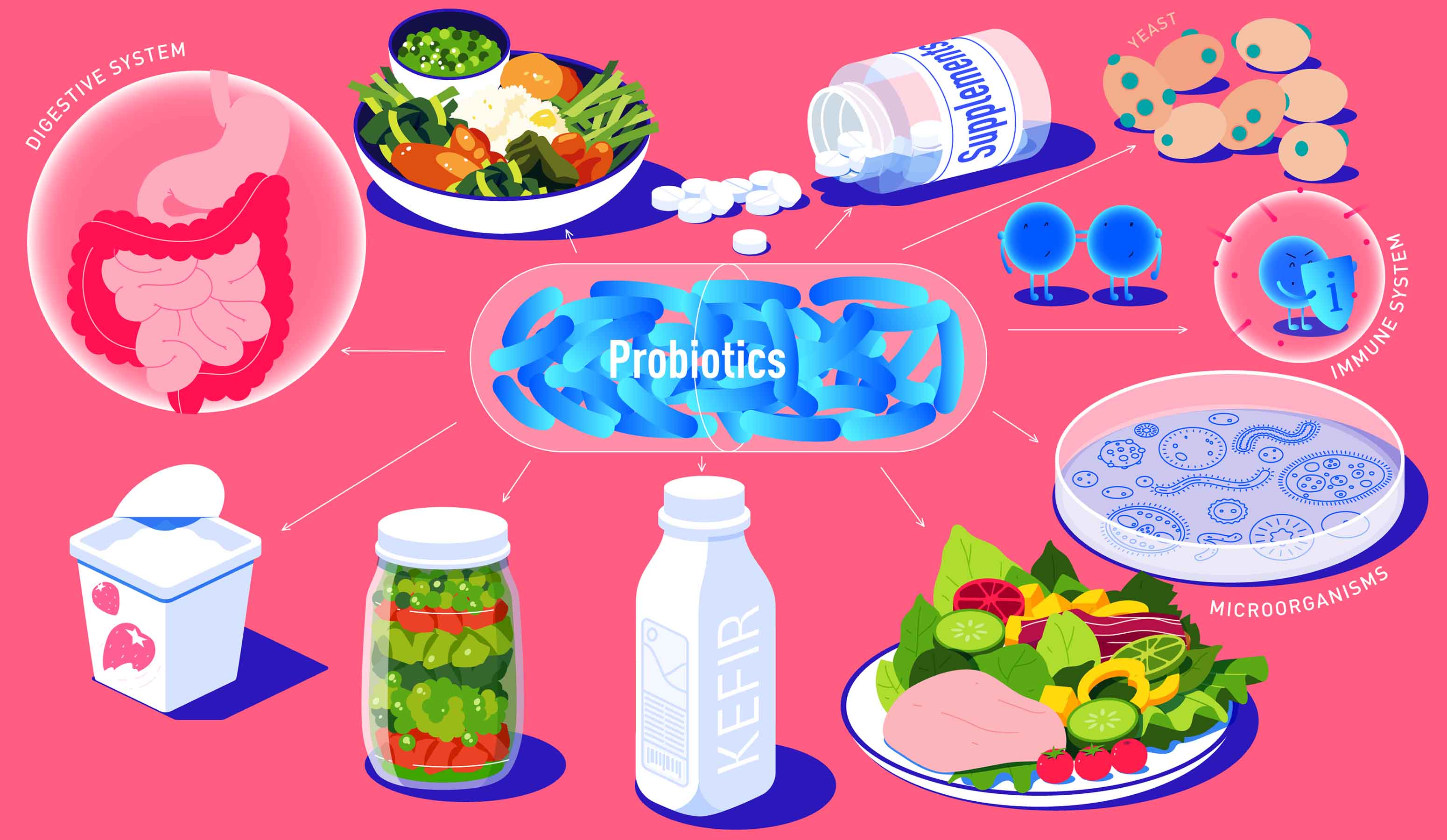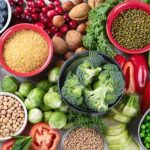Say Goodbye to Constipation, Easy Home Remedies for Quick Relief
Constipation is a common digestive issue that affects people of all ages, genders, and backgrounds. It is characterized by difficulty in passing stools, infrequent bowel movements, and hard, dry stools. While occasional constipation is usually not a cause for concern, chronic constipation can lead to complications like hemorrhoids, anal fissures, and fecal impaction.There are many factors that can contribute to constipation, including a low-fiber diet, dehydration, lack of exercise, certain medications, and certain medical conditions. However, the good news is that there are many Home Remedies you can try to relieve constipation without relying on harsh medications.
increasing your water intake to incorporating more fiber into your diet, these tips and tricks are safe and effective for most people. By following these simple steps, you can help prevent and relieve constipation and promote overall digestive health.
Home remedies for constipation
Constipation is a common gut health issue that can often be improved through lifestyle changes, including dietary modifications. Fortunately, there are many foods that can help Relieve constipation symptoms and promote regular bowel movements.
Here are some foods that can can help relieve constipation and promote regularity of bowel movements.
Apples:
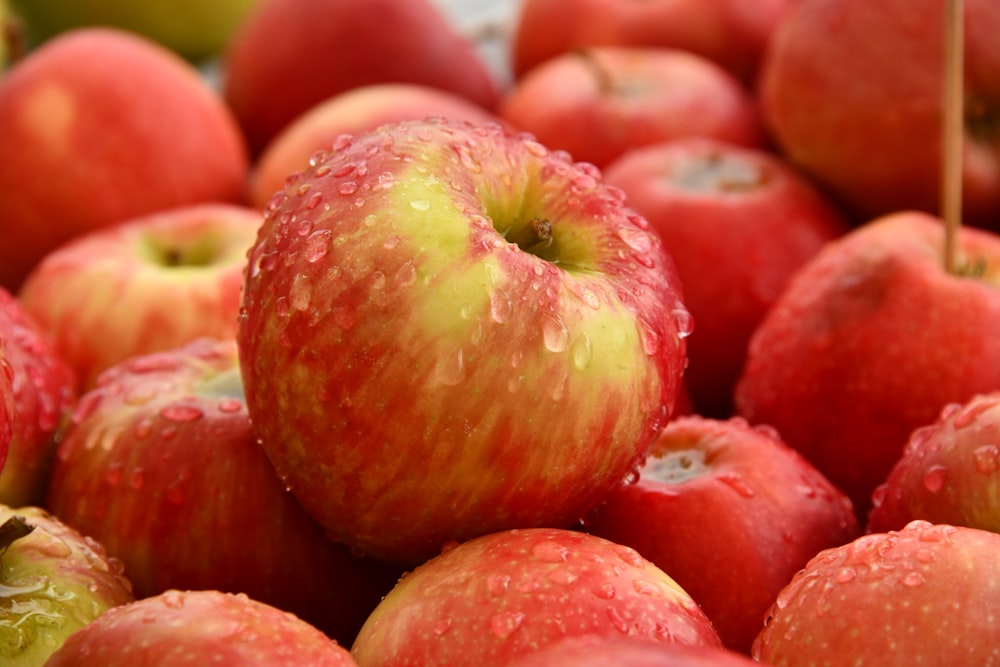
Apples are a great natural remedy for constipation relief due to their high fiber content and the presence of a natural laxative called pectin. Pectin is a soluble fiber found in the cell walls of many fruits, including apples. When you eat an apple, the pectin in the fruit absorbs water and forms a gel-like substance that helps to soften and add bulk to stools. This, in turn, makes it easier for waste to pass through the digestive system and promotes regular bowel movements.
Furthermore, the fiber found in apples and other fruits helps to feed the beneficial bacteria in the gut, which can also contribute to overall digestive health and regularity. So, adding apples to your diet can be a simple and effective way to alleviate constipation symptoms and promote a healthy digestive system.
Prunes:

Prunes are a well-known natural remedy for constipation relief due to their high fiber content and natural laxative properties. They are dried plums that are rich in both soluble and insoluble fiber, which can help to soften stools, add bulk to waste, and promote regular bowel movements.
The soluble fiber found in prunes absorbs water and forms a gel-like substance in the gut that can help to soften stools and make them easier to pass. The insoluble fiber, on the other hand, adds bulk to waste and helps to speed up the passage of food through the digestive system. Additionally, prunes contain a natural laxative compound called sorbitol, which can also help to stimulate bowel movements and relieve constipation.
Overall, prunes can be an effective and natural way to alleviate constipation symptoms and promote regularity of bowel movements. They can be eaten as a snack, added to baked goods or smoothies, or even used in savory dishes.
Kiwi:
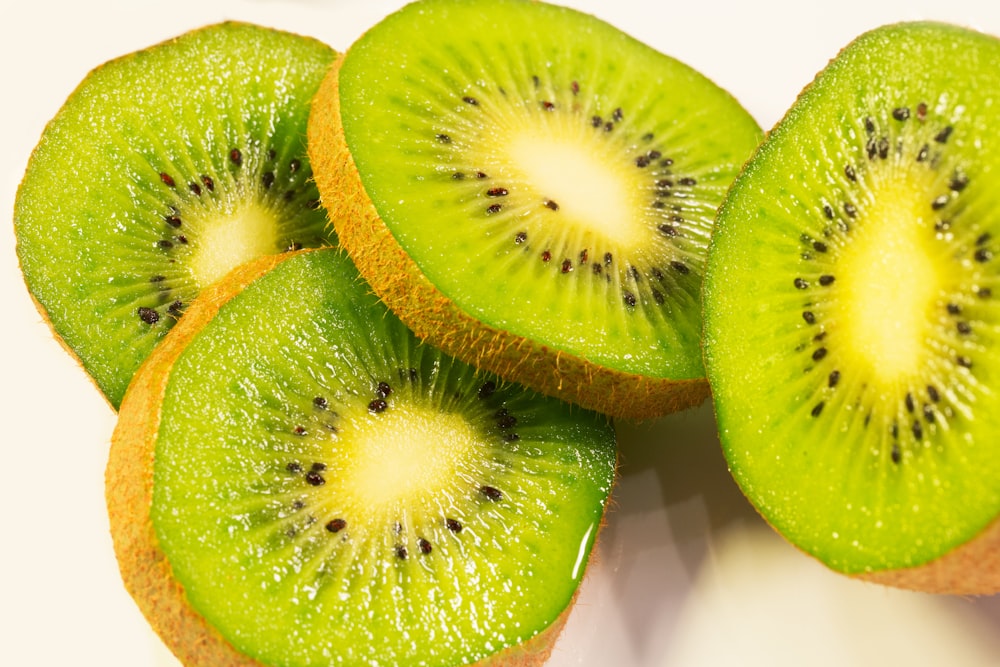
Kiwi is another fruit that can help to relieve constipation due to its high fiber content and the presence of an enzyme called actinidin. Actinidin is a natural digestive enzyme found in kiwis that can help to break down proteins and improve overall digestion.
The fiber in kiwis, both soluble and insoluble, can help to soften stools and add bulk to waste, making it easier for them to pass through the digestive system. Furthermore, kiwis contain prebiotic fiber, which can help to feed the beneficial bacteria in the gut and promote overall digestive health and regularity.
One study found that eating two kiwis per day for four weeks significantly improved bowel movements and relieved constipation symptoms in individuals with irritable bowel syndrome (IBS). Therefore, incorporating kiwis into your diet can be a simple and effective way to promote regularity and alleviate constipation symptoms.
Berries:
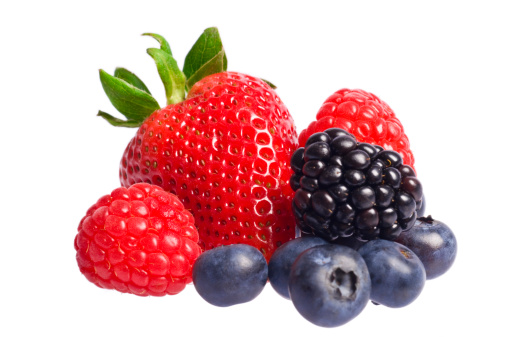
Berries are another group of fruits that can help to relieve constipation due to their high fiber content and natural laxative properties. They are rich in both soluble and insoluble fiber, which can help to soften stools, add bulk to waste, and promote regular bowel movements.
The soluble fiber found in berries, such as raspberries, blackberries, and strawberries, absorbs water in the gut and forms a gel-like substance that can help to soften stools and make them easier to pass. The insoluble fiber, on the other hand, adds bulk to waste and helps to speed up the passage of food through the digestive system.
Furthermore, berries are a good source of anthocyanins, which are natural plant pigments that can help to reduce inflammation in the gut and promote overall digestive health. Incorporating berries into your diet can be a tasty and effective way to alleviate constipation symptoms and promote regularity of bowel movements.
Beans:
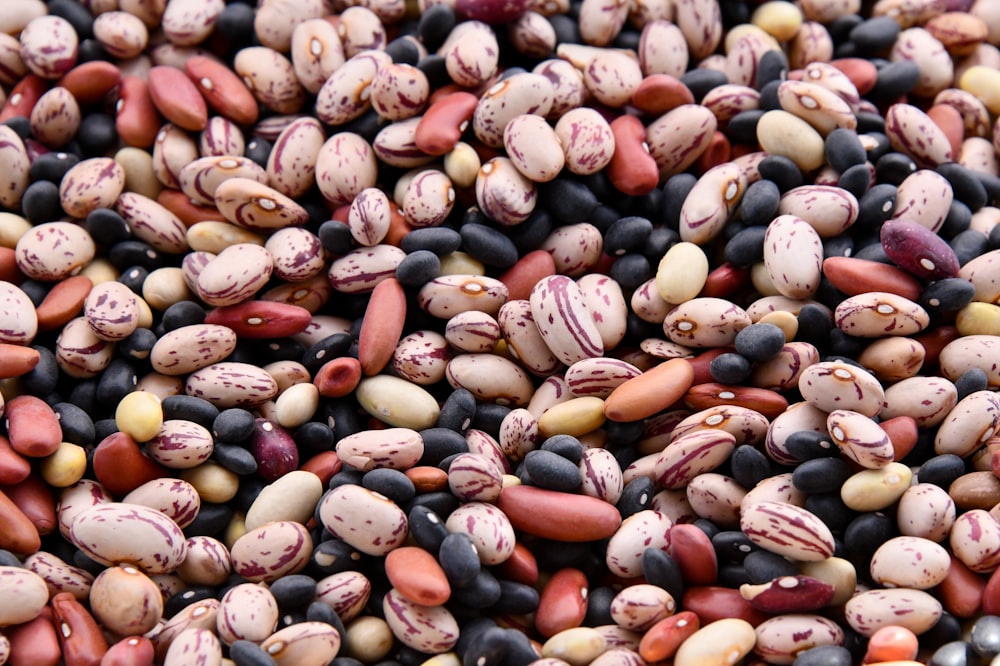
Beans are a great source of fiber and can help to relieve constipation due to their high content of both soluble and insoluble fiber. Soluble fiber absorbs water in the gut and forms a gel-like substance that can help to soften stools, making them easier to pass. Insoluble fiber, on the other hand, adds bulk to waste and helps to speed up the passage of food through the digestive system.
Beans are also a good source of resistant starch, which is a type of starch that resists digestion in the small intestine and is fermented by beneficial bacteria in the large intestine. This fermentation process can help to promote the growth of healthy gut bacteria and improve overall digestive health and regularity.
Additionally, beans are rich in minerals such as magnesium and potassium, which can help to regulate muscle contractions in the digestive system and promote regular bowel movements. Incorporating beans into your diet can be a healthy and effective way to relieve constipation symptoms and promote regularity of bowel movements.
Pears:
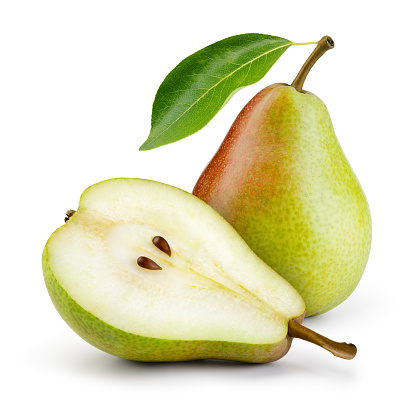
Pears are a juicy and delicious fruit that can help to relieve constipation due to their high fiber content and natural laxative properties. They are an excellent source of both soluble and insoluble fiber, which can help to soften stools, add bulk to waste, and promote regular bowel movements.
The soluble fiber found in pears absorbs water in the gut and forms a gel-like substance that can help to soften stools and make them easier to pass. The insoluble fiber, on the other hand, adds bulk to waste and helps to speed up the passage of food through the digestive system. Additionally, pears contain a natural laxative compound called sorbitol, which can help to stimulate bowel movements and relieve constipation.
One study found that eating pears regularly can help to improve stool consistency and relieve constipation symptoms in elderly individuals. Pears can be eaten fresh, canned, or dried and can be a tasty and effective way to promote regularity of bowel movements and alleviate constipation symptoms.
Figs :
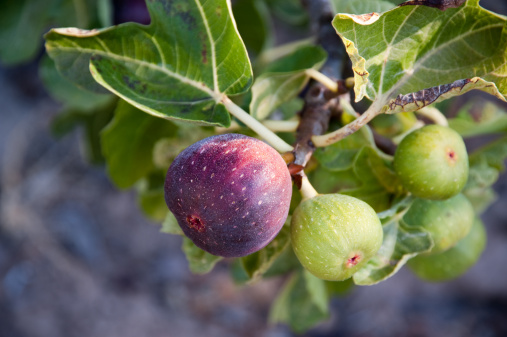
Figs are a sweet and nutritious fruit that can help to relieve constipation due to their high fiber content and natural laxative properties. They are a rich source of both soluble and insoluble fiber, which can help to soften stools, add bulk to waste, and promote regular bowel movements.
The soluble fiber found in figs absorbs water in the gut and forms a gel-like substance that can help to soften stools and make them easier to pass. The insoluble fiber, on the other hand, adds bulk to waste and helps to speed up the passage of food through the digestive system. Additionally, figs contain a natural laxative compound called pectin, which can help to stimulate bowel movements and relieve constipation.
One study found that eating figs regularly can help to improve stool frequency and consistency in individuals with constipation. Figs can be eaten fresh or dried and can be a tasty and effective way to promote regularity of bowel movements and alleviate constipation symptoms.
Citrus fruits:

Citrus fruits like oranges, lemons, limes, and grapefruits are a great source of fiber, vitamin C, and other important nutrients that can help to relieve constipation and promote overall digestive health.
The fiber found in citrus fruits is a type of soluble fiber that absorbs water in the gut and forms a gel-like substance that can help to soften stools and make them easier to pass. Additionally, the high vitamin C content found in citrus fruits can help to promote the growth of healthy gut bacteria and improve overall digestive health and regularity.
Citrus fruits also contain natural acids that can help to stimulate the digestive system and promote regular bowel movements. For example, citric acid, which is found in lemons and limes, can help to flush toxins from the digestive system and improve digestive health.
Consuming citrus fruits regularly can be a healthy and effective way to relieve constipation symptoms and promote regularity of bowel movements.
Papaya:
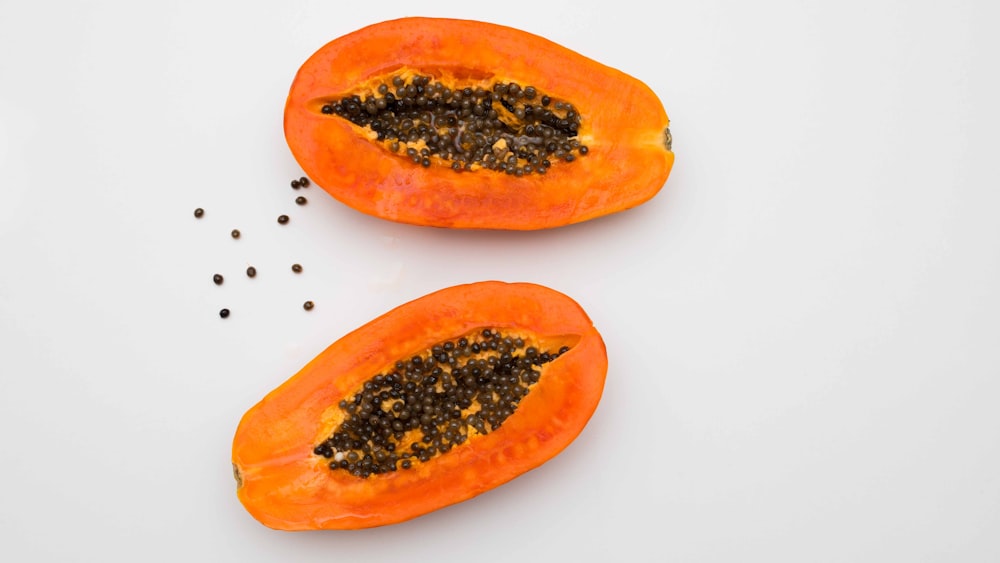
Papaya is a delicious and nutritious tropical fruit that can help to relieve constipation due to its high fiber content and natural digestive enzymes. Papaya contains both soluble and insoluble fiber, which can help to soften stools, add bulk to waste, and promote regular bowel movements.
The soluble fiber found in papaya absorbs water in the gut and forms a gel-like substance that can help to soften stools and make them easier to pass. The insoluble fiber, on the other hand, adds bulk to waste and helps to speed up the passage of food through the digestive system. Additionally, papaya contains natural digestive enzymes, such as papain and chymopapain, which can help to break down proteins in the gut and improve overall digestive health.
One study found that consuming papaya regularly can help to improve stool consistency and relieve constipation symptoms in individuals with chronic constipation. Papaya can be eaten fresh or dried and can be a tasty and effective way to promote regularity of bowel movements and alleviate constipation symptoms.
Spinach and other greens:
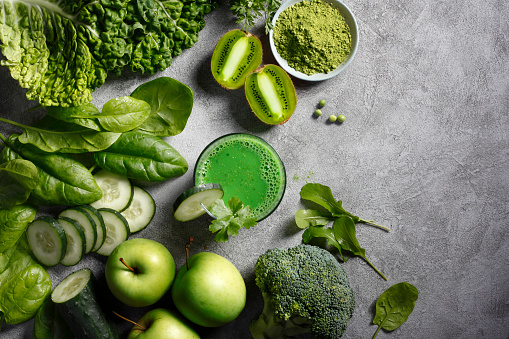
Spinach and other leafy greens are high in fiber, water, and important nutrients that can help to relieve constipation and promote overall digestive health. The fiber found in leafy greens is a type of insoluble fiber that adds bulk to waste and helps to speed up the passage of food through the digestive system.
Additionally, leafy greens are high in water content, which can help to keep stools soft and easy to pass. This is especially important for individuals who are constipated or prone to constipation, as hard stools can be difficult and painful to pass.
Leafy greens are also a good source of magnesium, which is an important mineral for digestive health. Magnesium can help to relax the muscles in the digestive tract and promote bowel movements.
One study found that consuming leafy greens regularly can help to improve overall digestive health and reduce the risk of constipation in individuals. Leafy greens can be consumed in a variety of ways, such as in salads, smoothies, and cooked dishes, and can be a healthy and effective way to promote regularity of bowel movements and alleviate constipation symptoms.
Artichoke :
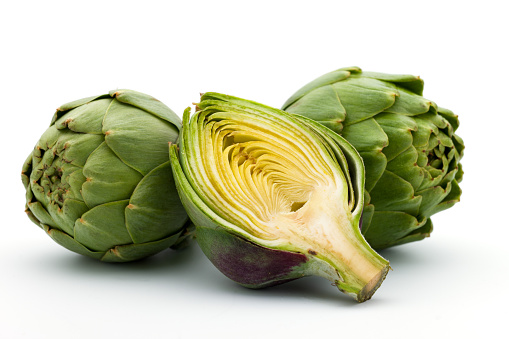
Artichokes are a nutritious vegetable that can help to relieve constipation due to their high fiber content and natural digestive properties. Artichokes contain both soluble and insoluble fiber, which can help to soften stools, add bulk to waste, and promote regular bowel movements.
The soluble fiber found in artichokes absorbs water in the gut and forms a gel-like substance that can help to soften stools and make them easier to pass. The insoluble fiber, on the other hand, adds bulk to waste and helps to speed up the passage of food through the digestive system.
In addition to their fiber content, artichokes contain a natural compound called cynarin, which can help to stimulate bile production and improve overall digestive health. Bile is a fluid produced by the liver that helps to break down fats in the gut and improve digestion.
One study found that consuming artichokes regularly can help to improve overall digestive health and reduce the risk of constipation in individuals. Artichokes can be consumed in a variety of ways, such as steamed, grilled, or roasted, and can be a tasty and effective way to promote regularity of bowel movements and alleviate constipation symptoms.
Sweet potato:

Sweet potatoes are a nutritious root vegetable that can help to relieve constipation due to their high fiber content and natural digestive properties. Sweet potatoes are rich in both soluble and insoluble fiber, which can help to soften stools, add bulk to waste, and promote regular bowel movements.
The soluble fiber found in sweet potatoes absorbs water in the gut and forms a gel-like substance that can help to soften stools and make them easier to pass. The insoluble fiber, on the other hand, adds bulk to waste and helps to speed up the passage of food through the digestive system.
Sweet potatoes are also a good source of magnesium, which is an important mineral for digestive health. Magnesium can help to relax the muscles in the digestive tract and promote bowel movements.
In addition to their fiber and magnesium content, sweet potatoes are also rich in antioxidants and anti-inflammatory compounds, which can help to reduce inflammation in the gut and improve overall digestive health.
One study found that consuming sweet potatoes regularly can help to improve overall digestive health and reduce the risk of constipation in individuals. Sweet potatoes can be consumed in a variety of ways, such as baked, mashed, or roasted, and can be a delicious and effective way to promote regularity of bowel movements and alleviate constipation symptoms.
Chia seeds:
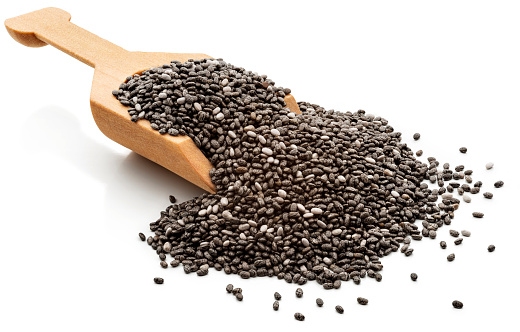
Chia seeds are a small but mighty superfood that can help to relieve constipation due to their high fiber content and natural digestive properties. Chia seeds are a good source of both soluble and insoluble fiber, which can help to soften stools, add bulk to waste, and promote regular bowel movements.
The soluble fiber in chia seeds absorbs water in the gut and forms a gel-like substance that can help to soften stools and make them easier to pass. The insoluble fiber, on the other hand, adds bulk to waste and helps to speed up the passage of food through the digestive system.
In a study published in the Journal of Strength and Conditioning Research, researchers found that consuming chia seeds can help to improve overall digestive health and reduce the risk of constipation in individuals. The study found that participants who consumed chia seeds regularly experienced improved bowel regularity and increased stool frequency.
In addition to their fiber content, chia seeds are also a good source of healthy fats and protein, which can help to promote overall digestive health and reduce inflammation in the gut.
Chia seeds can be consumed in a variety of ways, such as added to smoothies, sprinkled on top of yogurt or oatmeal, or used as a vegan egg replacement in baking. Incorporating chia seeds into your diet can be an easy and effective way to promote regularity of bowel movements and alleviate constipation symptoms.
Flaxseeds:
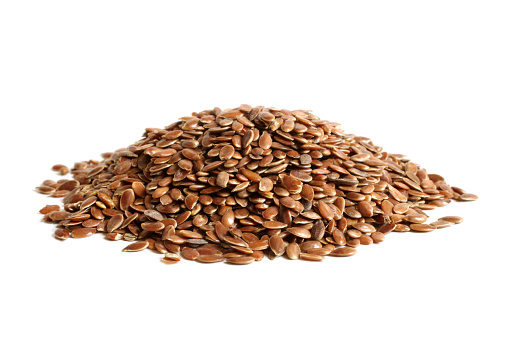
Flaxseeds are a nutritious seed that can help to relieve constipation due to their high fiber content and natural digestive properties. Flaxseeds are a good source of both soluble and insoluble fiber, which can help to soften stools, add bulk to waste, and promote regular bowel movements.
The soluble fiber found in flaxseeds absorbs water in the gut and forms a gel-like substance that can help to soften stools and make them easier to pass. The insoluble fiber, on the other hand, adds bulk to waste and helps to speed up the passage of food through the digestive system.
In a study published in the Journal of Clinical Gastroenterology, researchers found that consuming flaxseeds can help to improve overall digestive health and reduce the risk of constipation in individuals. The study found that participants who consumed flaxseeds regularly experienced improved bowel regularity and increased stool frequency.
In addition to their fiber content, flaxseeds are also a good source of healthy fats and antioxidants, which can help to promote overall digestive health and reduce inflammation in the gut.
Flaxseeds can be consumed in a variety of ways, such as added to smoothies, sprinkled on top of yogurt or oatmeal, or used as an egg replacement in baking. It is important to note that whole flaxseeds may not be as effective as ground flaxseeds for relieving constipation, as the body may not be able to digest whole flaxseeds properly. Ground flaxseeds can be easily added to foods and can be an effective way to promote regularity of bowel movements and alleviate constipation symptoms.
Oat bran:

Oat bran is a type of soluble fiber that can help to relieve constipation by softening stools and promoting regular bowel movements. Soluble fiber works by absorbing water in the gut, forming a gel-like substance that can help to soften stools and make them easier to pass.
A study published in the European Journal of Clinical Nutrition found that consuming oat bran can help to improve bowel regularity and reduce symptoms of constipation in individuals. The study found that participants who consumed oat bran regularly experienced increased stool frequency and improved stool consistency compared to those who did not consume oat bran.
In addition to its fiber content, oat bran also contains a variety of vitamins and minerals that are important for overall digestive health, including magnesium, iron, and B vitamins. These nutrients can help to support the muscles of the digestive system and promote healthy bowel movements.
Oat bran can be consumed in a variety of ways, such as added to smoothies, sprinkled on top of yogurt or oatmeal, or used in baking. It is important to note that increasing fiber intake too quickly can sometimes worsen constipation symptoms, so it is recommended to gradually increase intake and drink plenty of water throughout the day.
Overall, incorporating oat bran into the diet can be an effective way to promote regular bowel movements and alleviate symptoms of constipation.
Home remedies Tips and Tricks for constipation
If you’re struggling with constipation, you’re not alone. Many people experience this uncomfortable condition, and it can be frustrating to find relief. Here, we’ll share some effective tips and tricks for managing gut health.
Increase your water intake:

Increasing your water intake is a simple yet effective way to help relieve constipation. Water plays an important role in the digestive process by softening stools and making them easier to pass. When there is not enough water in the body, the colon will absorb more water from the stools, resulting in harder and more difficult-to-pass stools.
Drinking enough water throughout the day can help to keep the stools soft and prevent constipation. It is generally recommended to drink at least 8 glasses (64 ounces) of water per day, although individual needs may vary based on factors such as age, sex, and activity level.
In addition to plain water, other fluids such as herbal tea, clear broth, and fruit juice can also help to keep the body hydrated and relieve constipation. However, it is important to avoid sugary drinks and caffeine, as these can have a dehydrating effect on the body and worsen constipation.
It is important to note that increasing water intake alone may not be enough to relieve severe or chronic constipation. In these cases, it may be necessary to make additional dietary and lifestyle changes or to consult with a healthcare provider.
Exercise regularly:

Regular exercise is not only beneficial for overall health, but it can also help to relieve constipation. Physical activity can help to stimulate the muscles in the intestines, promoting more efficient movement of stool through the digestive tract.
Engaging in aerobic exercise, such as brisk walking, jogging, or cycling, for at least 30 minutes per day can help to increase heart rate and breathing, which in turn can help to stimulate bowel movements. Yoga and other forms of gentle stretching can also help to promote intestinal motility and relieve constipation.
It is important to note that starting an exercise program should be done gradually and under the guidance of a healthcare professional, particularly for individuals who have been sedentary or who have underlying medical conditions. Additionally, it is important to stay well-hydrated during and after exercise, as dehydration can worsen constipation.
Regular exercise can also be combined with other lifestyle changes, such as increasing fiber intake and staying hydrated, for a comprehensive approach to preventing and relieving constipation. However, it is important to note that exercise alone may not be sufficient for individuals with chronic or severe constipation, and medical intervention may be necessary.
Abdominal Massage:

Abdominal massage is a technique that involves gentle manipulation of the abdomen to help stimulate bowel movements and relieve constipation. It can be done manually or with the use of a massage tool.
The massage is typically performed by starting at the lower right side of the abdomen, using circular motions and gradually moving up and across the abdomen in a clockwise direction. This can help to stimulate peristalsis, or the rhythmic contraction of the intestines that moves stool through the digestive tract.
Abdominal massage may also help to release any gas or bloating that can contribute to constipation. Additionally, it can help to relax the abdominal muscles and promote overall relaxation, which can further aid in relieving constipation.
It is important to note that abdominal massage should be done with care, as excessive pressure or manipulation can cause discomfort or even injury. It is also not recommended for individuals with certain medical conditions, such as inflammatory bowel disease or recent abdominal surgery. Consulting with a healthcare professional or licensed massage therapist before attempting abdominal massage is recommended.
Drink coffee:

Drinking coffee can be a simple and effective way to help relieve constipation. Coffee contains caffeine, which can stimulate the muscles in the digestive tract and promote bowel movements.
Research has shown that drinking coffee, particularly in the morning, can increase the frequency and ease of bowel movements for some individuals. However, it is important to note that excessive caffeine consumption can have negative effects on overall health, such as increasing anxiety, disrupting sleep, and causing dehydration.
Practice good bathroom habits:

Establishing a regular bathroom routine can help to train the body to have regular bowel movements. This can involve taking the time to sit on the toilet at the same time each day, using a footstool to elevate the feet while on the toilet, and avoiding straining or holding in bowel movements.

Probiotics are beneficial bacteria that can be found in certain foods, such as yogurt and kefir, as well as in supplement form. Research suggests that probiotics may help to promote healthy bowel function and relieve constipation, particularly in individuals with certain digestive conditions, such as irritable bowel syndrome.
Manage stress:

Chronic stress can have negative effects on the digestive system, including contributing to constipation. Strategies for managing stress, such as practicing relaxation techniques like deep breathing or meditation, getting regular exercise, and seeking support from friends or a mental health professional, can be helpful in promoting overall digestive health.





